Last December, I wrote an essay about my alma mater, Saint Vincent College, in Latrobe, Pennsylvania. In it, I describe some troubling events. Ever since the ascendancy of the current archabbot, Douglas Nowicki, in 1991, the college has moved steadily to the right, culminating in the appointment in 2006 of James Towey, formerly head of George W. Bush’s Faith-Based Initiatives, as college president. Towey proved to be an autocratic leader, and his misrule drove the faculty into open rebellion. The face of this revolt was a tenured professor of anthropology and Benedictine monk, Father Mark Gruber. Gruber was quoted in an April 2008 article in the influential online journal, Inside Higher Education, to the effect that Towey had run roughshod over faculty rights and was moving the college in the wrong direction. On behalf of the faculty, he said the same thing to the college’s Board of Directors.
Fifteen months after the Inside Higher Education article, in July 2009, state police were called to campus by Towey and the archabbot and shown a list of websites that allegedly showed child pornography. These sites were accessed from a computer in a room outside Father Mark’s office. He was logged into the computer when the sites in question were accessed. The police confiscated the computer and examined its hard drive. They found images of naked men but concluded that there was no child pornography and hence no case for prosecution. The officers also discovered that many people, including students and faculty, had access to the computer. In addition, Father Mark had never logged out, so no one who used it had to log in. While the police were investigating, the archabbot denied Father Mark the right to teach, stripped him of his tenure, and ordered him not be on campus or interact with students. Given that the monastery is on the campus, this confined Professor Gruber to the monastery. The archabbot and the local bishop also took away his priestly functions, such as the right to say Mass and lead retreats.
Today, it is nearly fifteen more months since those July events. In response to what has happened to him, Father Mark has filed a civil lawsuit against the archabbot, Towey, several staff members and faculty, the monastery, the bishop, and the local diocese. The complaint can be viewed by clicking on this link.
Among many other things, the complaint argues that
*after Father Mark became faculty spokesperson but before the July 2009 raid on the computer, he was subjected to a campaign of harassment inside both the monastery and the college. He was accused of being drunk and disruptive at a student function and of spreading rumors about the motives of the adminstration.
*after being accused of viewing child pornography, Father Mark suffered serious physical and emotional distress, which compelled him to seek therapy. He left the monastery for treatment in August 2009 but was ordered back by the archabbot, who then demanded that he admit himself to a place known for its treatment of pedophile priests. He refused. Later the archabbot forbade him to go back to his original treatment center, in effect guaranteeing his further mental and physical deterioration.
*in August 2009, Father Mark took his case to canon (Church) officials who, like the police, found no evidence incriminating him. The canon experts presented their report to the archabbot in September 2009.
*despite being aware of the police and canon official findings, Nowicki, Towey, and others continued to vilify Father Mark, by letter, email, in public forums, in the media, and in private conversations. The complaint says that Towey showed some faculty the images that were found on the computer and said that these were what Father Mark was looking at. One of these faculty, the dean of the business school, allegedly then told parents and others to stay away from Mark, implying that he was a child molester. The dean of the college is alleged to have done the same.
*despite knowing that there was no proof that Father Mark had committed any crime and nothing to prove that he had looked at homoerotic images, in October 2009, the archabbot, in the words of the complaint, “‘invited’ Father Mark to seek dispensation from the priesthood and monastic life or else face forced laicization.” When Mark refused, the archabbot shortly after petitioned Rome to dismiss him from the monastery and priesthood.
*in December 2009, a person came forward and admitted that he had used Father Mark’s computer to download the images that the police had found. This person was deposed by one of the canon officials who had originally examined and dismissed the charges against Father Mark. He was also questioned at length by the police. The complaint says that both found him credible, with knowledge that only the person who had downloaded the images could have. This information was made available to the archabbot and college officials, but both continued to demean Father Mark and present him as a child abuser, unfit either to be a priest or a professor. The irony here is that the man who came forward had confessed to Father Mark months earlier what he had done. The priest obeyed Catholic teachings and held what had been confessed to him in confidence.
If this case goes to trial, it could be a sensation. The college, the monastery, the local diocese, and several individuals, including Towey, could be liable for large sums of money. The complaint argues that there have been several cases in the past of students, faculty, and monks doing what Father Mark has been falsely accused of doing. Yet the college took no action.
I am not one for biblical images, but Mark seems to be a modern-day Job, except that it is not God who is testing his faith. Just ordinary men. This priest’s principled refusal to reveal what he heard in confession, his courage in taking the lead in the faculty’s rebellion against Towey and the archabbot’s dictatorial behavior, and his decision to see his accusers in court are admirable.
Yet, despite what he has done, his situation may be untenable, even if he prevails in court. Mark has received a good deal of support from faculty, students, alumni, and friends. However, he has received inadequate support from his confreres, who recently elected Nowicki to another term as archabbot. Towey has resigned, but the new president is a monk, loyal to Nowicki, who appointed him. There are teachers who are happy that Towey is gone but have not been willing to openly support Father Mark, and there are those who remain Towey diehards. So the atmosphere at Saint Vincent may still be poisonous. I doubt that the new president would make a return by Father Mark to the classroom a smooth one. Nor would all the monks likely welcome him back to their society with open arms. What will it be like to sit around the monastery’s communal dinner table, with the Abbot at the head and his allies around him? And no matter what happens, isn’t Mark’s good reputation permanently damaged?
Some readers might say, why is this important? Why should this priest be defended? By defending him, aren’t you also championing his religion and all that it stands for? There may be some truth to this. But for me, Father Mark’s tribulations are not just about him. They speak to a society so toxic that it routinely produces people like the archabbot and Towey and circumstances like this one and worse. I was a professor for a long time, and I have seen the awful ways those in power in academe treat those beneath them. I have witnessed the unwillingness of one’s colleagues to stand up against this power or to offer a maligned teacher support. I have observed over and over the hypocrisy of a James Towey, who professes a superior devotion to the teachings of the Catholic Church but seems to have forgotten a good many of the Commandments, especially the one about not bearing false witness. I live in a country that repeatedly violates the principles it claims to uphold and has crushed those who stand on principle with ruthlessness, including murder. And beyond all this, I attended Saint Vincent College when it was as committed to the liberal arts as a Catholic college could be. It is where I learned to think critically and where I discovered that I might make a good teacher. To see this happen there has been difficult to accept.
Every day, around the world, in ways small and large, ordinary people are treated as if they don’t matter. Restaurants serve us tainted food. Landlords lie to and cheat their tenants. Car salespersons and real estate agents sell defective cars and houses. Employers steal their workers’ wage. Employee loyalty is rewarded with unannounced layoffs. Health insurers deny claims that they must know will kill people. Corporations dump their toxic wastes into our water and air with impunity. Political leaders show contempt for their poorest citizens. Witness New Orleans after Hurricane Katrina, or the six million Pakistanis left destitute after the recent floods. The right to life, liberty, and the pursuit of happiness? Don’t count on it.
We all too often turn a blind eye to these things. Maybe we are too busy just trying to get through our days. Maybe we figure, well, it’s not me or my family being hurt. Maybe we just scream silently. But every now and then, the stink is just too strong to ignore. Something strikes us as especially egregious, and we have to act. Had I not gone to the college, I probably wouldn’t have paid much attention to Father Mark. But I did. I don’t care about the “pornographic” images. It doesn’t matter to me if he looked at them. What does matter is that the college I attended and had such good feelings about has acted so venomously toward a human being, for what seems to be his protest against arbitrary authority.
Maybe the civil trial will show that the accused are innocent. If so, I will admit that I was wrong. In the meantime, however, I believe it is my duty to support Father Mark in whatever ways I can. And I have selfish reasons for doing so. When someone stands up against those who deny justice, even if he is struggling on his own behalf, he struggles for all of us. Because who among us might not be Father Mark someday? As Father Martin Niemoller said about the unwillingness of people to fight against the Nazi slaughter of Communists, Jew, and Catholics: “And then they came for me.”



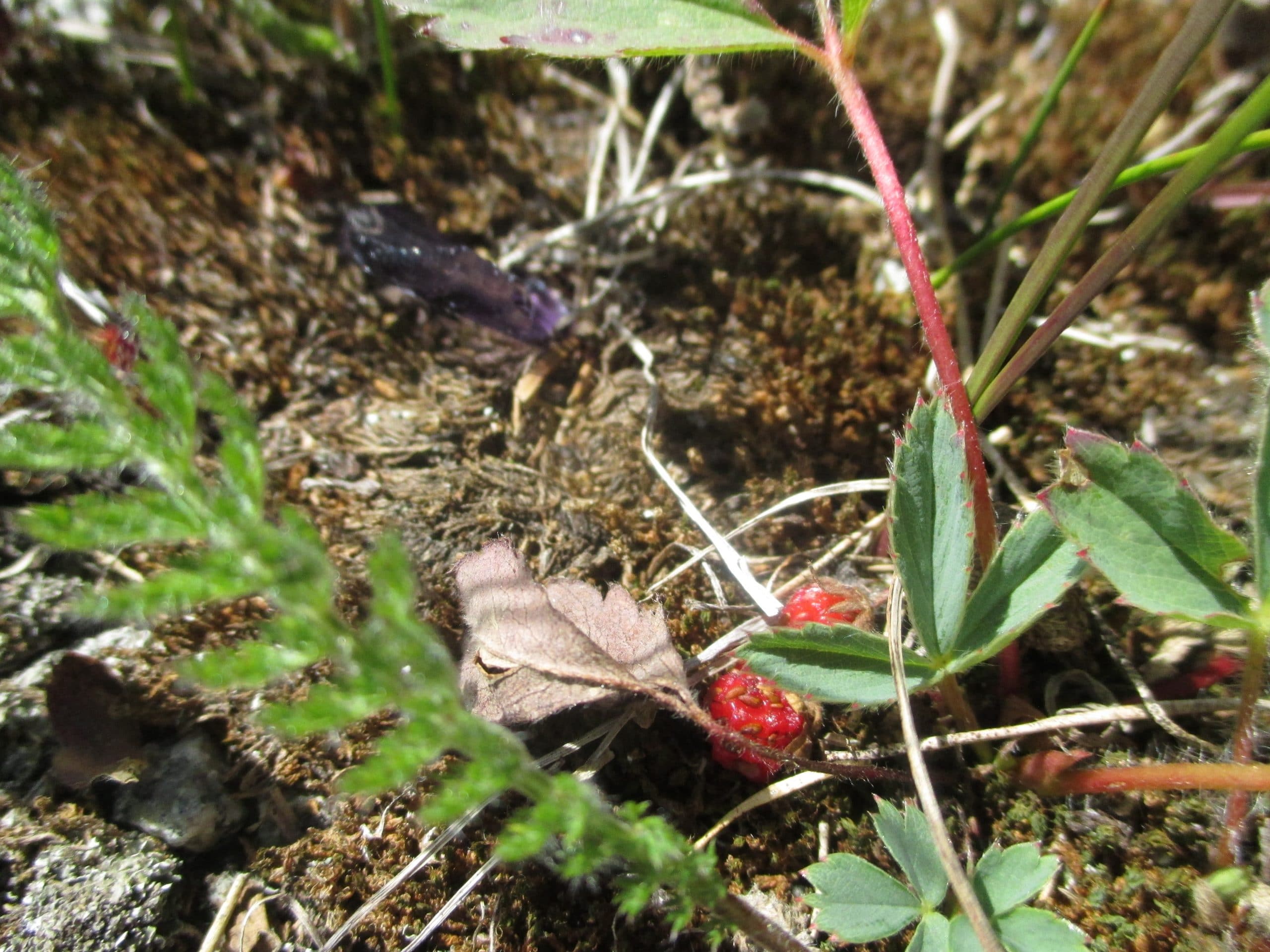

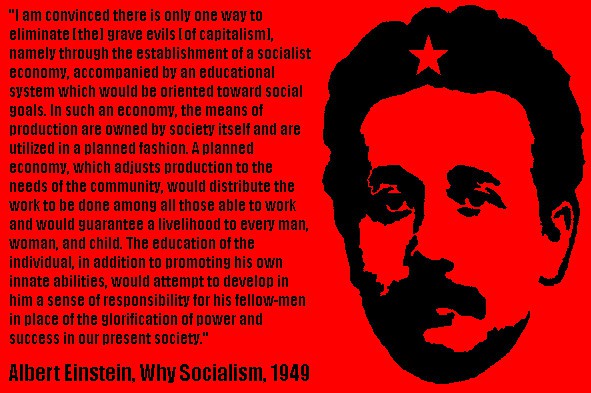
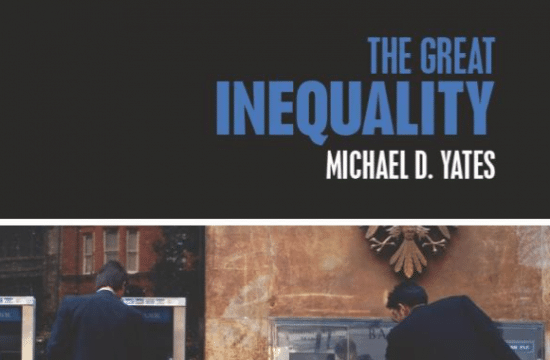

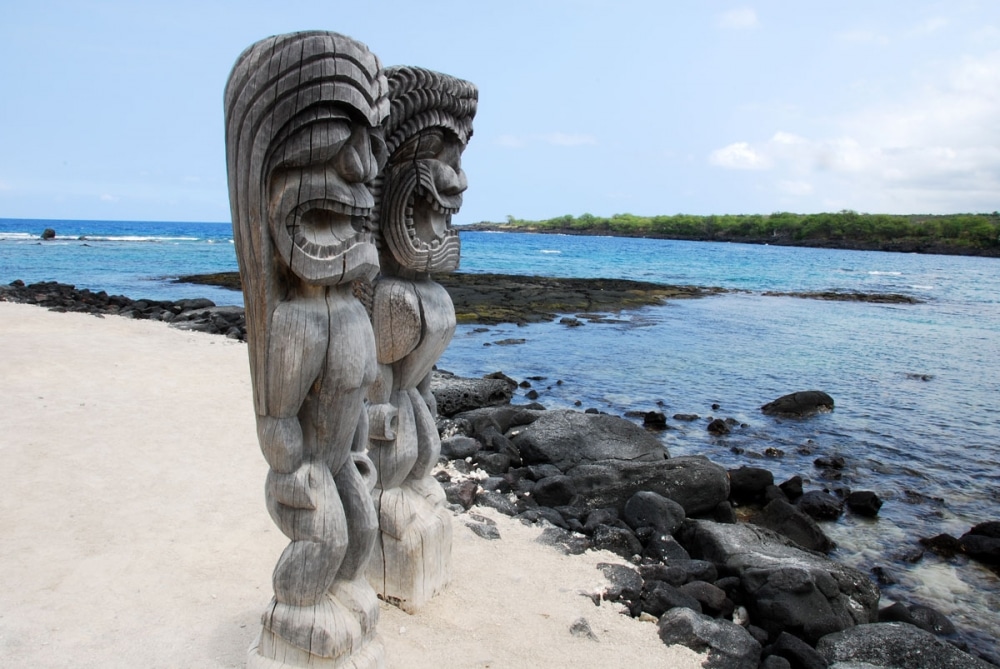
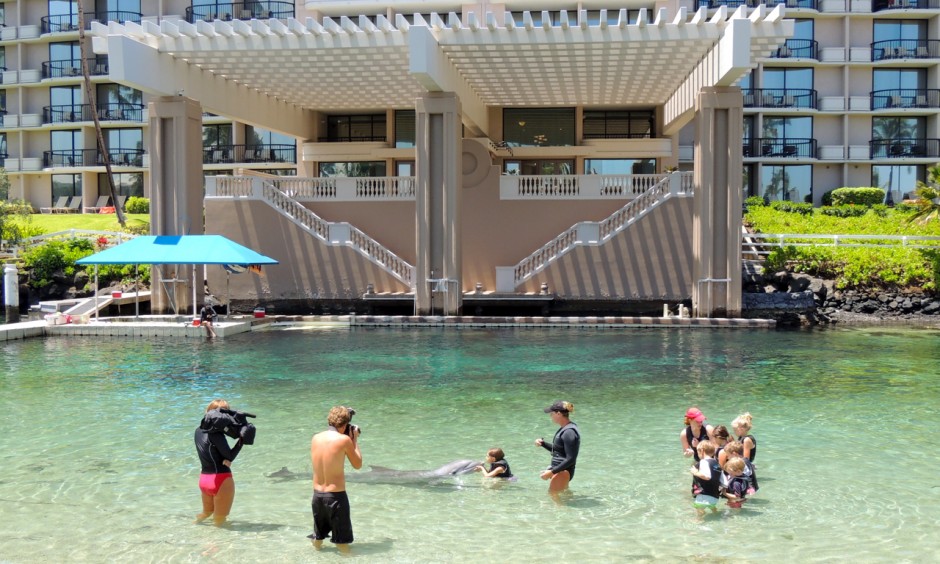

Hi Mike,
Why would you think anyone (on our side) would think that “defending this priest” is wrong? This is clearly an issue of academic freedom and repression of dissent, just as much as the Bard College administration’s dismissal of Joel Kovel, or UC Santa Barbara’s attacks against Bill Robinson, or the University of Colorado’s firing of Ward Churchill. Don’t worry, you’re on solid ground!
Best,
Mike
Hello,
Stumbled over your posting and was gratified to see that Prof Churchill’s essay has not been totally lost. Some do remember both his right to say it and the theme it carried. Thanks for mentioning him.
p.s. Just saw another case in point of a Fed agency dictating lunch menu items at a county grade school level e.g.,: This menu or lose your federal funding…”
Very moving piece. Good people don’t seem to matter anymore. Last year, I had some words with the executive director where I work. A friend of mine had come in to help me and some of the women in my office with our move into the new building. I was told that he was not to be in there. When I told the Ex Dir that I was hurt by this dictate, and that I had been a loyal employee for over 33 years, he said, “I don’t care how long you have been here!” Although I know that in no way does this compare to Father Mark’s horrendous situation, it is telling that employers certainly don’t care much for the lives and morale of their employees.
Mike, thanks for the encouraging words. The defendants have now answered the complaint, and they have hit new lows, saying that even if he didn’t download the images, he shiould have ahd control of the computer!
Toni, you are right. We don’t matter much to those who have some power over us.
michael yates
An excellent piece, once again. It has been a wonderful confluence of events that detractors of Father Gruber got all “lawyered-up” and filed briefs that accuse Gruber of failing to defend himself adequately, only to find that the media all over the world has discovered that Father protected the sanctity of confession by protecting the privacy of the young man who actually downloaded the porn. I have a wonderful mental image of Towey and Nowicki with big targets on the top of their heads, a la Gary Larson, with the punchline “Bummer of a birthmark, eh?”
Ken, thanks for the kind words. Yes, the defendants are now exposed as the scoundrels they are. Michael Yates.
Yes, us atheists are happy that Yates is a good writer and has conscience to guide him. Can’t be said of the right wingers whose class duty is to subjugate their religious institution to the needs of the state. What else is new? Hopefully the students are getting a real education about the nature of politics of a dying empire.
I too graduated from Saint Vincent in 1967 — I am a classmate of Michael Yates. And I am deeply ashamed of St Vincent — Towey and Nowicki. I will never again set foot on campus. Thomas Arch
http://www.misconductinlatrobe.com/
Time will tell the story.
Mike Ference